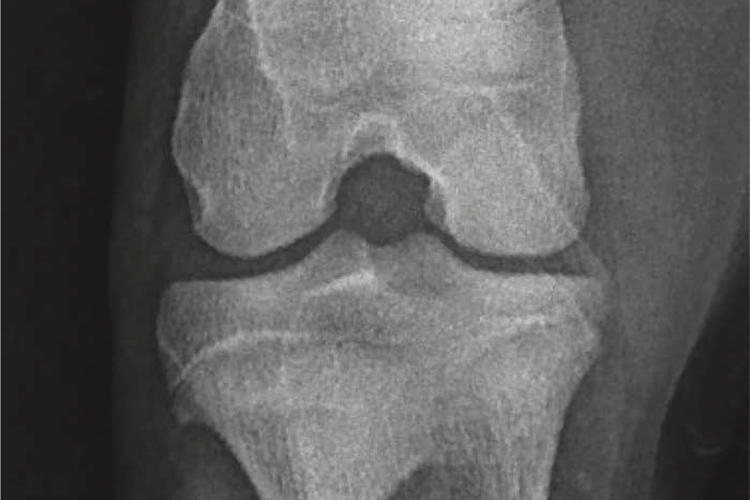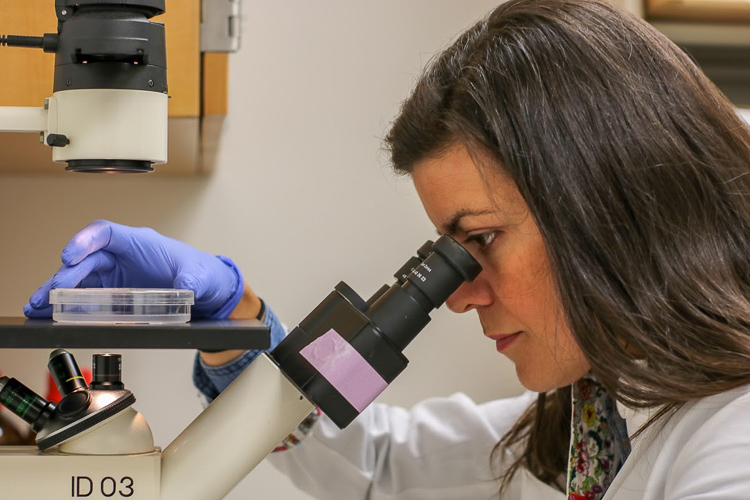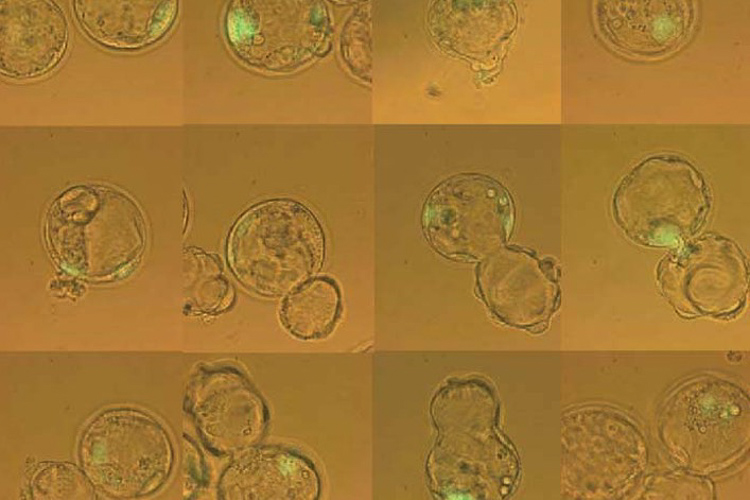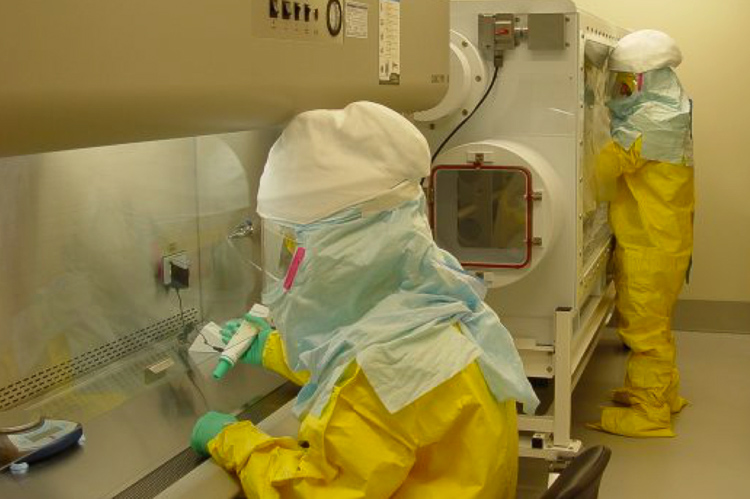Graduate Students
Welcome to the Department of Animal, Dairy and Veterinary Sciences! We are glad to have you. You will find helpful information and links on this page, that will be useful throughout your graduate program. Please don't hesitate to reach out to us with any questions or concerns.
Dr. Lee Rickords
Graduate Program Director
(435) 797-2195
lee.rickords@usu.edu
Brenda Poulsen
Graduate Program Coordinator
(435) 797-2162
brenda.poulsen@usu.edu
New Student Orientation
Welcome to the ADVS department. These steps are the initial items to be completed.
Setup your strong password and email
You received your A# in your acceptance letter and now need to set up a strong password at myid.usu.edu. Find the “Reset my password” button and follow the steps to create your password. Utah State has implemented a two-step login process for all USU employees and students using DUO. You have the options to install the DUO app on your phone or purchase a fob through IT services.
The university has already set up an email address for you. It is your A# followed by usu.edu (A#@usu.edu). You may also request an alias for your email of "FirstName.LastName@usu.edu". To request an email alias, complete the form in ServiceNow. All official USU correspondence needs to be sent and received through your usu.edu account (see Policy 557).
ServiceNow is the program used to request services on campus. You will use your A# and strong password to log in. Knowledge articles and tutorials are available to help you navigate the system.
Read the ADVS Grad Handbook and orientation materials
The ADVS Graduate Student Handbook will help you to understand expectations, processes, and roles within the Department of Animal, Dairy and Veterinary Sciences. You may also want to review the portion of the catalog specific to the School of Graduate Studies.
The university has set up a student dashboard at my.usu.edu. You should familiarize yourself with it and its features.
Training
Your major professor is your advisor and supervisor. You are encouraged to meet with them often and set expectations. They will help you become orientated to your lab and workspace. Safety and other trainings are required prior to access to your assigned lab.
- Environmental Health & Safety Lab Training:
- Policy 337
- Learn more and complete the ADVS Safety Agreement
- Agreement to complete
- FERPA
- FERPA laws protect student information
- Access the training
- Teaching Assistant Workshop
- You will sign up for this workshop through Banner. It is an online self-paced course that can be completed in one big day.
- Learn more
- Research CITI Certificiation
- This is an online training through the Office of Research. Please send a copy of your certificate of completion to Brenda Poulsen, Graduate Program Coordinator.
- Access the training
Register for classes and purchase supplies
After discussing course options with your major professor, you should be ready to register for courses. The USU student dashboard is located at my.usu.edu. You will register for courses using Banner, found in the left-hand menu in the student dashboard. You are encouraged to familiarize yourself with this webpage. Tuition and fees are also paid via the "TouchNet Payment System" on my.usu.edu.
Graduate students on a PhD path have their tuition paid by the department. Fees and books are the responsibility of the student. If you are not a resident of Utah, the graduate school will apply a waiver for the non-resident portion of your tuition for your first two semesters. After the two semesters (or one year), you must establish residency or pay for the non-resident portion of the tuition. For more information about applying for residency, visit the admissions website.
Communication
Your major professor is your partner in this endeavor. Keep communication open and expectations clearly identified. You will receive an offer letter from the department that explains many important responsibilities and requirements. During your first semester, you will review a "memorandum of understanding" that will list additional important information that both you and your major professor will sign.
Our goal is to help you succeed. If at any time you need additional assistance, please contact Dr. Lee Rickords or Brenda Poulsen.
Important Links
Departmental Forms
Departmental forms to complete at the start of your program:
Degree Requirements
This list is only a summary of the most common requirements. All requirements are listed in the USU graduate catalog. You will still be responsible for all policy requirements listed in the general catalog.
BS to MS Requirements
Total of 30 credits
- At least 15 credits of 6000 level or above (includes thesis credits)
- Need at least 1 credit of ADVS 6800 Seminar
- 6-15 thesis credits
- 24 credits of residency
- No more than 12 credits taken from another institution
- No grades below "C"
- 6 years to complete
BS to PhD Requirements
- At least 30 credits of 6000 level or above (includes dissertation credits)
- Three separate semesters of ADVS 6800 Seminar (may substitute two of the three with ADVS 6810 Seminar in Toxicology)
- 18 dissertation credits
- 33 credits of residency
- No more than 12 credits taken from another institution
- Maintain a 3.0 GPA
- No grades below "C"
- 8 years to complete
MS to PhD Requirements
Total of 42 credits
- At least 15 credits of 6000 level or above (includes dissertation credits)
- Two separate semesters of ADVS 6800 Seminar (may substitute one of the two with ADVS 6810 Seminar in Toxicology)
- 12 dissertation credits
- 33 credits of residency
- No more than 12 credits taken from another institution
- Maintain a 3.0 GPA
- No grades below "C"
- 8 years to complete
MPH Online Requirements
Total of 42 required credits (View the course outline on the MPH site)
- Plan A or practicum
- Maintain a 3.0 GPA
- No grades below "C"
Other Requirements to Remember
- Coursework at 5000 level or below must be outside your department
- Register for 3 credits during the semester you defend to be considered "full-time"
- Research and Integrity Course or CITI training needs to be completed
- "P" Pass grade can only be used for credits in seminars, thesis or dissertation, and continuing grad advisement courses
Preparing for Defense
Graduate students should submit their thesis/dissertation 30 days prior to defense, with a minimum of two weeks.
The format for your public defense is an introduction, presentation, followed by questions. Participants can ask questions during the presentation if needed and at the end. The public defense shows a rationale for your data and the critical assessment and interpretation of that data to show the depth of knowledge.
The non-public defense is open to all faculty members but is typically attended by the student's supervisory committee members. Additional questions and follow up take place during this period.
For more information about the defense, visit the School of Graduate Studies website.








